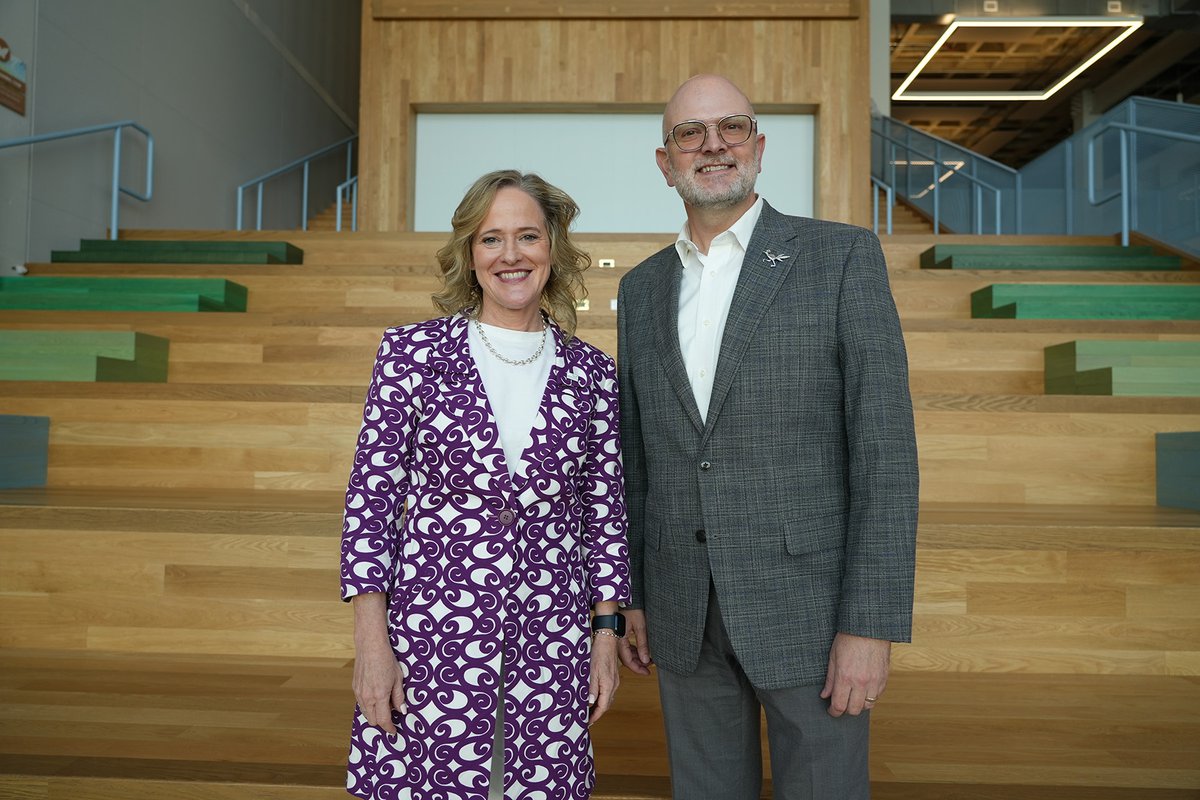Tarrant County’s most prominent nonprofits are facing a shifting landscape, with funding shortfalls of $127 million in the first half of 2025 alone. Leaders are responding not with panic, but with a willingness to rethink how social services are delivered. More than a dozen organizations have come together to explore new partnerships, share resources, and reimagine a stronger, more resilient network for the region’s most vulnerable residents.
The inaugural “Reimagining Together” summit, hosted by the University of Texas at Arlington’s School of Social Work at the Center for Transforming Lives, brought nonprofit CEOs and foundation funders into conversation about the future of social services in North Texas. The gathering wasn’t just about accounting for losses — $71.6 million in federal funds disappeared due to canceled or delayed grants and contracts — but about envisioning how nonprofits can innovate and adapt in an era of uncertainty.
“Nonprofits are a vital part of our local community and economy,” said Carol Klocek, CEO of Center for Transforming Lives. “We’re employing people, deploying resources, and creating as much stability in our community as we can. The risk right now is that as the nonprofit community is destabilized, it further destabilizes Fort Worth.”
The summit grew out of conversations over the summer between nonprofit executives, UTA President Jennifer Cowley, and community leaders, all seeking ways to strengthen collaboration at a critical moment. Instead of framing current challenges as insurmountable, the group treated disruption as an opportunity to reimagine the delivery of social services across Tarrant County.
“This is not a ‘one and done’ conversation,” said Kirk A. Foster, Ph.D., MSW, MDiv, dean of the School of Social Work at UTA. “All of us in the room have to commit to this being the first of an ongoing conversation that seeks to transform the system. The rules around how we work have changed — and we can use this as an opportunity to rethink how we do what we do.”
UTA’s School of Social Work, the largest in Texas with 2,300 students across multiple degree programs, is uniquely positioned to serve as a neutral convener. Under Dean Foster’s leadership, the school aims to fill the void left when previous collaborative structures dissolved, giving nonprofits a space to share ideas and coordinate without competition.
Over the course of the summit, participants identified key initiatives: expanding closed-loop referral systems to improve coordination between agencies, exploring generative AI tools to streamline administrative work, increasing engagement from the business community, and considering strategic consolidation for smaller nonprofits that might otherwise struggle in a rapidly changing environment.
Among the organizations represented were ACH Child and Family Services, Boys and Girls Club of Tarrant County, Catholic Charities, CTL, Lena Pope, Presbyterian Night Shelter, Rainwater Charitable Foundation, Tarrant Area Food Bank, Tarrant County Homeless Coalition/Partnership Home, and Tarrant County Public Health. For a sector often accustomed to working in silos, the summit marked a moment of collective vision — one where challenges sparked creativity, not despair.
“We have really high-quality nonprofits here in Fort Worth doing really good work,” Klocek adds. “We’re proactively thinking about six months, a year, five years down the line — solving not just for the problems of today, but the problems of tomorrow. We’re committed to collaboration because we know we’re stronger when we’re together.”

